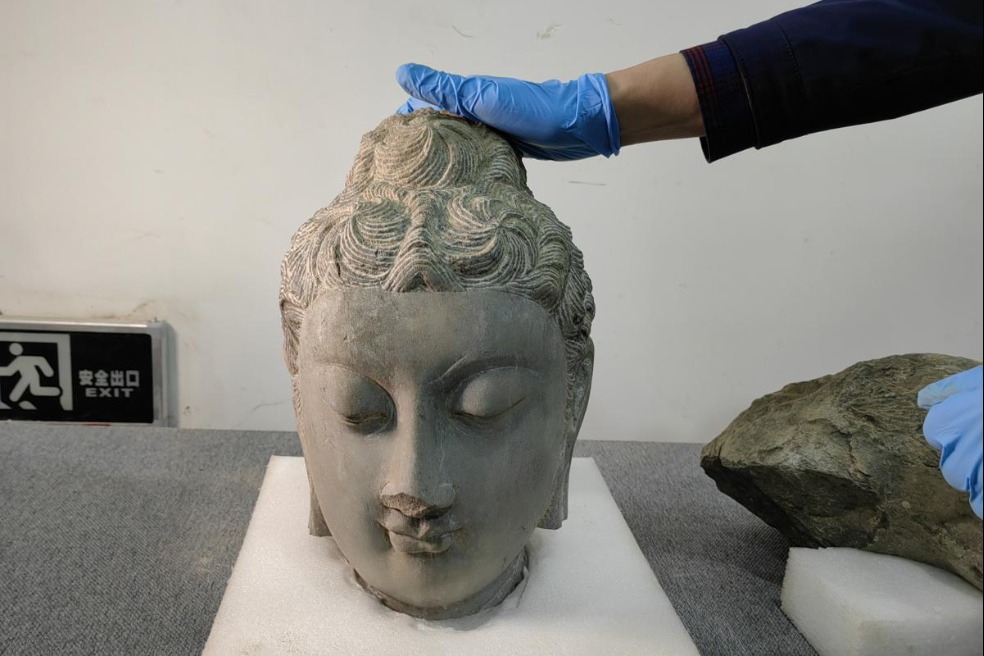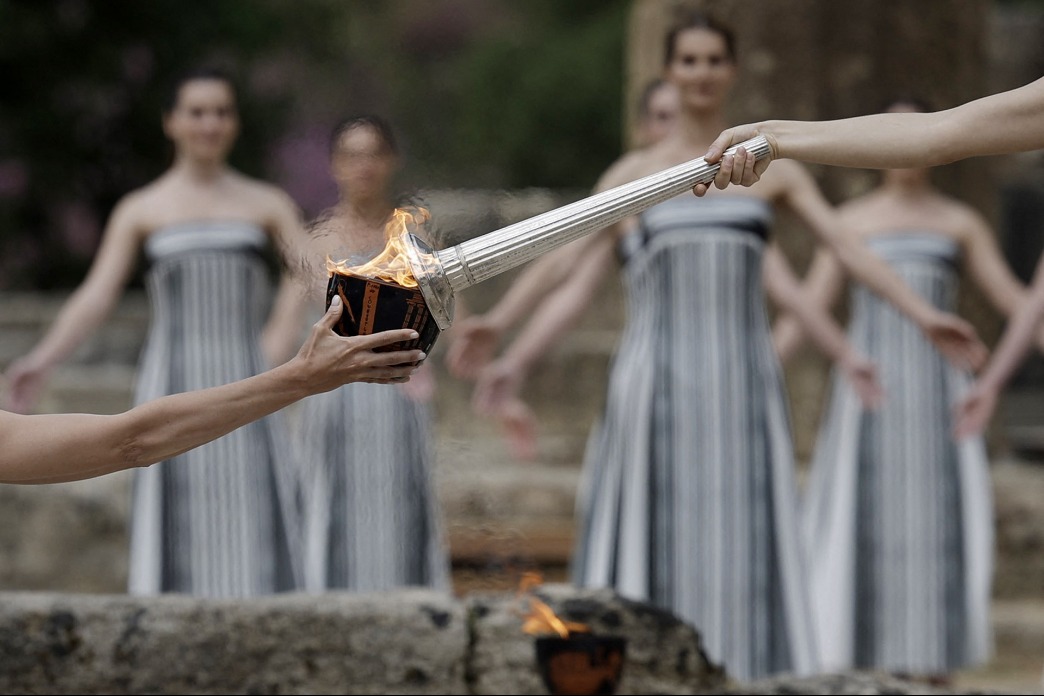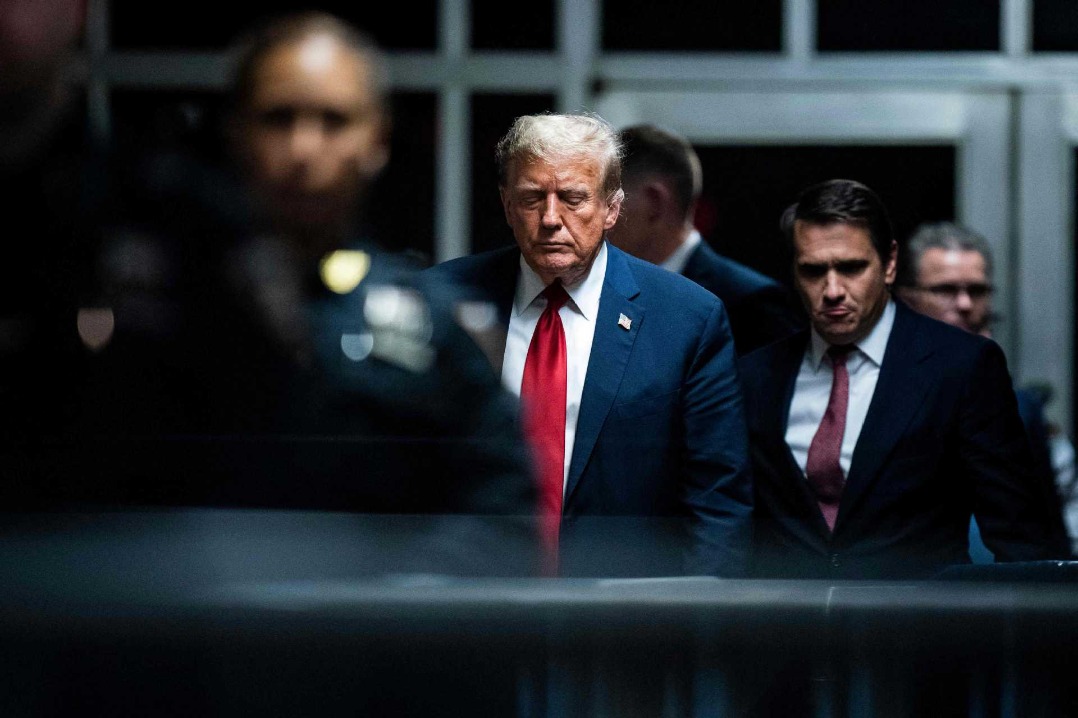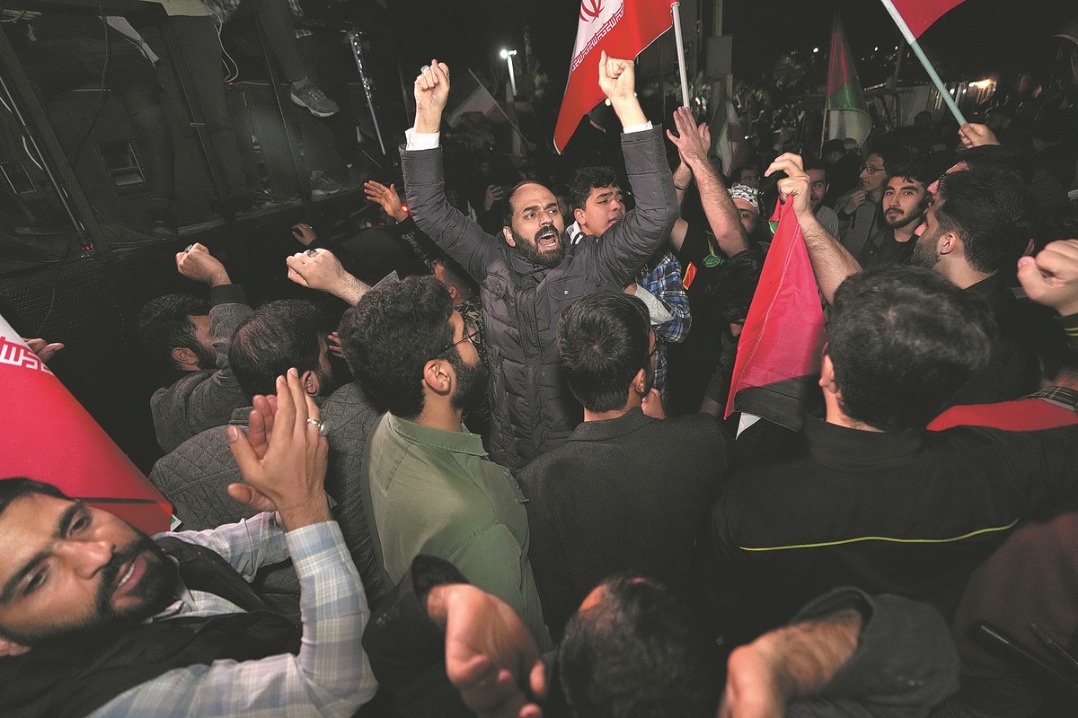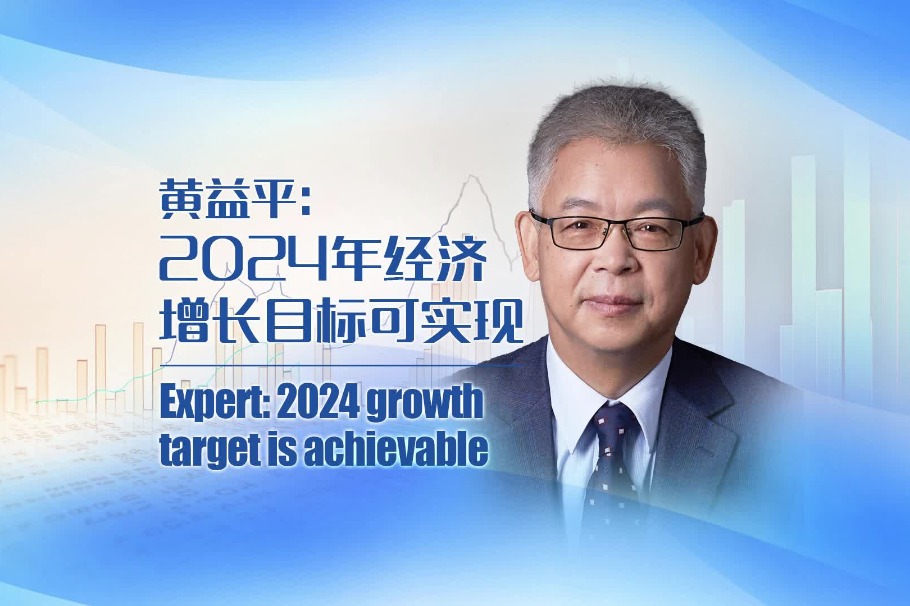UK lawmakers return to Parliament following Supreme Court ruling
By Earle Gale in London | China Daily Global | Updated: 2019-09-26 01:08
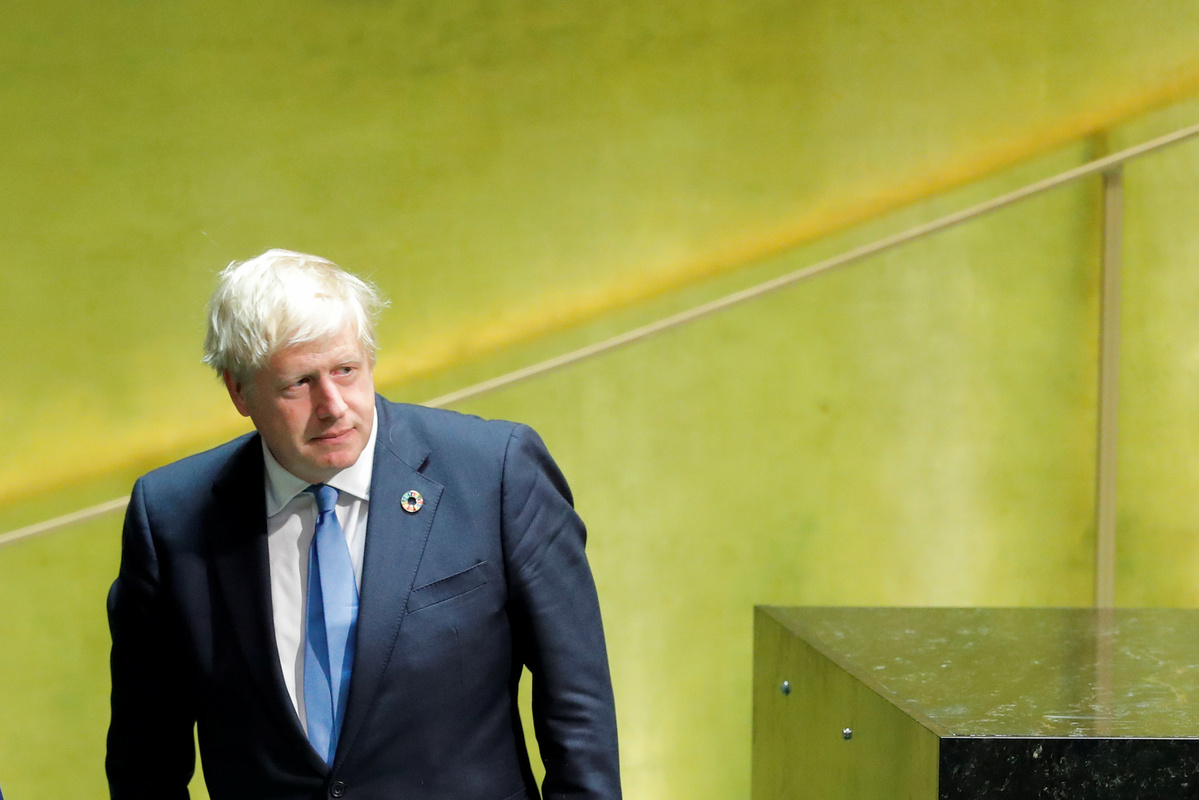
The United Kingdom's lawmakers returned to the Houses of Parliament on Wednesday following Tuesday's ruling from the highest court in the land that Boris Johnson's attempt to halt parliamentary business for five weeks was unlawful.
The prime minister had wanted to close Parliament for a so-called prorogation, from Sept 9 to Oct 14, ostensibly to draw a line under the premiership of his predecessor, Theresa May, and launch his own raft of parliamentary business.
But the UK's 11 most-senior judges, sitting in the Supreme Court, ruled that closing Parliament for such a lengthy spell, instead of the usual four to six days, was excessive and curtailed parliamentary scrutiny, which was especially important in the weeks leading up to the UK's exit from the European Union, slated for Oct 31.
Johnson, who had been in New York for a United Nations summit when the ruling came down, said before hurriedly flying home on Tuesday night that he "profoundly disagreed" with the judges but would respect their decision.
Jeremy Corbyn, leader of the opposition Labour Party, said on BBC Radio 4's Today program that Johnson should resign, but confirmed he would not trigger a vote of no confidence in him because such a move would launch a general election and force the closure of Parliament at a crucial time.
"I am very happy to have a general election when we have taken no-deal (Brexit) off the table and the European Union has agreed that extension," Corbyn said. "He should apologize … to the British people for trying to shut down our democracy in a crucial time when people are very worried about what will happen on 31 October."
Scotland's first minister, Nicola Sturgeon, also called on Johnson to resign, as did Mark Drakeford, the first minister of Wales, and Michelle O'Neill, the vice-president of Sinn Fein.
Michael Gove, who as chancellor of the Duchy of Lancaster is responsible for advising the prime minister on policy development and implementation, said on the Today program he too "disagreed with (the Supreme Court's) position".
"It is only fair to point out that there is a very respectable set of legal opinions that have pointed out, according to the understanding of the law — until now — what the government did was entirely lawful," he said. "Now, of course, the Supreme Court has taken a different view."
And, during parliamentary business on Wednesday, Attorney General Geoffrey Cox, who advised Johnson on the prorogation, said he and the government had acted in good faith, believing the move was both lawful and constitutional.
"We were disappointed that, in the end, the Supreme Court took a different view," he told MPs as many of them called for his resignation along with Johnson's.
The Financial Times reported that Jacob Rees-Mogg, leader of the House of Commons, had told fellow members of the Cabinet during a conference call on Tuesday night that the judges' decision amounted to a "constitutional coup" but Cox distanced himself from such a characterization, saying they were merely "making new law".
The challenge against Johnson in the Supreme Court was led by former prime minister John Major, who once led the party Johnson now heads.
He said: "No prime minister must ever treat the monarch or Parliament in this way again."
Johnson, who has only been prime minister for three months, has now suffered not only the humiliating defeat in the Supreme Court but the loss of his first six parliamentary votes, and the erosion of his ruling Conservative Party's parliamentary majority. He has also expelled 21 of his own MPs, and seen his brother resign from the Cabinet.
Members of Parliament began sitting at 11:30 am on Wednesday after House of Commons Speaker John Bercow said the first day back would not feature Prime Ministers' Questions but would include urgent questions, ministerial statements, and emergency debates.





